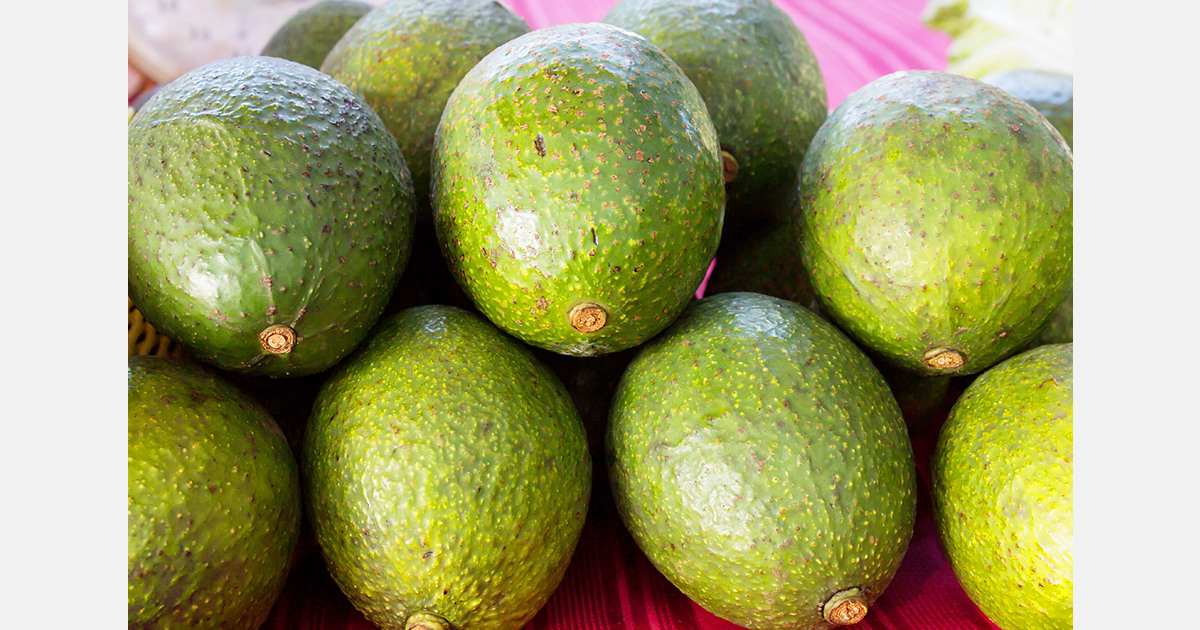
As geopolitical tensions in the Red Sea disrupt trade routes, Kenya’s position in Africa’s avocado export market is being tested by Tanzania’s expansion into emerging markets like India. The Red Sea crisis, driven by escalating Houthi attacks, has altered maritime logistics, prompting shipping routes to bypass the Cape of Good Hope. This detour has extended transit times for Kenyan avocados to European markets from 18–20 days to 40–45 days.
Kenya’s Horticultural Crops Directorate reports a nearly 13% decline in horticulture exports in 2024, with avocados notably affected. Meanwhile, Tanzania is capitalizing on increased global demand by targeting non-traditional markets.
TAHA’s CEO, Jacqueline Mkindi, noted, “The Indian market offers particularly favourable conditions for Tanzanian exporters, with shorter shipping times of 12-14 days, and Tanzania benefiting from duty exemptions, while competitors like Kenya face a 30% customs duty on CIF value.” Despite Red Sea disruptions, Tanzania’s avocado exports remain stable, with potential savings of approximately US$ 2,500 per shipment by using the Dar es Salaam route instead of Mombasa.
According to TAHA, India accounts for 30% of Tanzania’s avocado market, second only to Europe at 40%, with the Middle East at 19%. South Africa, Kenya, and China collectively hold 11% of the market. Tanzanian exports to India reached 3.2 million kilograms valued at US$4.9 million in 2023, more than doubling from the previous year. In contrast, Kenya traded 9,216 kilograms in India during the same period.
Over five years, TAHA reports a 74% increase in Tanzania’s avocado exports, from 15,432 tons in 2020/2021 to 26,826 tons in 2022/2023, valued at US$77.3 million. Projections indicate exports may reach 31,950 tons with a 20% annual growth in production volume. Long-term forecasts suggest production could hit 2.29 million tons by 2035/36, with export revenues potentially reaching US$2.8 billion, driven by markets in India, the UAE, and Southeast Asia.
Major avocado-producing regions in Tanzania include Njombe, Iringa, Mbeya, Arusha, and Tanga. Tanzania’s Minister of Agriculture, Hussein Bashe, affirmed support for small-scale farmers to access international markets, stating, “The Government will continue to support the efforts of local farmers and entrepreneurs so that they grow commercially and ultimately become a vital and strong link in promoting and developing the avocado sector in the country.”
Kenya shipped approximately 122 million kilograms in 2023, primarily from smallholder farmers. A USDA report estimates a 11.2% decline in Kenya’s avocado production to 562 thousand metric tons in 2024, attributing the downturn to reduced rainfall and export controls. South Africa, the continent’s second-largest exporter, shipped 70.9 million kilograms, leading in total export value at US$144.4 million due to a focus on premium exports. South Africa, which entered India’s market in April 2024, remains largely unaffected by Red Sea disruptions due to its reliance on Cape shipping routes.
Source: The Independant
Source: The Plantations International Agroforestry Group of Companies
